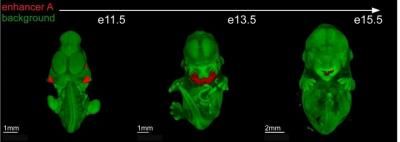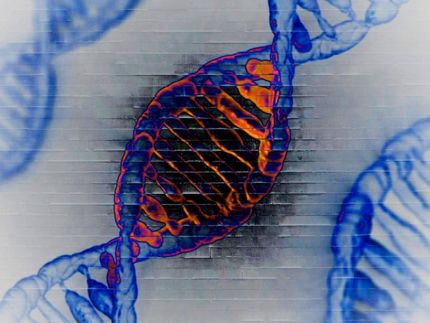SEQUENOM and National Institutes of Health Expand Relationship for Gene Expression
Agreement Builds on Success of Previous SNP Genotyping Research
SEQUENOM, Inc. announced a collaboration with the National human genome Research Institute (NHGRI) of the National Institutes of Health (NIH) to perform allele-specific gene expression of genes conferring susceptibility to type II diabetes using MassARRAY(TM) Quantitate Gene Expression (QGE). The new three-year Cooperative Research and Development Agreement (CRADA) builds on previous research by the two organizations to analyze DNA for single nucleotide polymorphisms (SNPs) that correlate to the disease and furthers work performed by the NHGRI for the Finland-United States Investigation of non-insulin dependent diabetes mellitus (NIDDM) FUSION project.
"SEQUENOM's MassARRAY technology is particularly suited for the needs of our research," said NHGRI Director Francis Collins, M.D., Ph.D. "The flexibility and accuracy of the technology not only allow us to assess differential expressions of genes, but also to identify the specific alleles that are being regulated."
SEQUENOM launched MassARRAY QGE in 2003. Based on feasibility studies, MassARRAY QGE results have been shown to be precise to within 3 percent with high reproducibility rates. The application offers six orders of dynamic range and supports demanding applications such as the quantitative analysis of gene expression differences between two alleles of the same gene.
"The NHGRI has successfully identified genes associated with type II diabetes," said Toni Schuh, Ph.D., SEQUENOM's President and Chief Executive Officer. "Our technology will now help the NHGRI to determine how genetic variations impact gene expression. The link between genetic variations and gene expression can be characterized as the link between functional genomics and human genetics. We believe the demand for this analysis is increasing rapidly and will be a driver for SEQUENOM's growth. Internal market research has shown there is a pressing need for quantitative gene expression technology that is very sensitive and more precise than current technologies. MassARRAY fulfills this need and offers these capabilities at a significantly lower assay design cost compared to current standard protocols."
Most read news
Topics
Organizations
Other news from the department business & finance

Get the life science industry in your inbox
By submitting this form you agree that LUMITOS AG will send you the newsletter(s) selected above by email. Your data will not be passed on to third parties. Your data will be stored and processed in accordance with our data protection regulations. LUMITOS may contact you by email for the purpose of advertising or market and opinion surveys. You can revoke your consent at any time without giving reasons to LUMITOS AG, Ernst-Augustin-Str. 2, 12489 Berlin, Germany or by e-mail at revoke@lumitos.com with effect for the future. In addition, each email contains a link to unsubscribe from the corresponding newsletter.
Most read news
More news from our other portals
Last viewed contents
Nutrigenomics

What is it about your face?
VIB GM poplar field gets authorized
Rules_of_surgery
Leigh's_disease
Evotec expands neuroscience collaboration with Bristol Myers Squibb to include novel cell type - Triggers US$ 9.0 m payment to Evotec
Halcygen to acquire wholly owned subsidiary of Hospira
Finding a way forward in the fight against prion disease
List_of_world_bumblebee_species
Dun_gene





















































